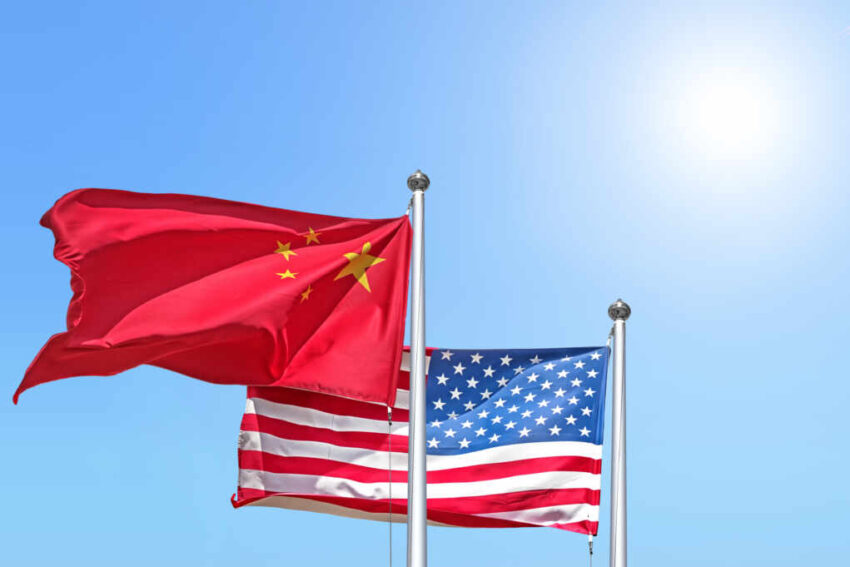Business travelers and U.S. government officials report being barred from leaving China via powerful exit bans—leveraged without transparent legal process and shaking confidence in international travel.
At a Glance
- China has escalated use of exit bans against foreign nationals, including U.S. citizens, often imposed without notification or legal recourse
- A U.S. Commerce Department employee has been prohibited from exiting China since mid‑April despite passport and devices being returned
- Wells Fargo managing director Chenyue Mao, a U.S. citizen, was similarly blocked amid a criminal investigation, prompting her employer to suspend all staff travel to China
- U.S. government agencies are conducting diplomatic engagement; companies are revising travel policies to limit risk
- Exit bans are routinely used by Chinese authorities for civil disputes, investigations, or familial leverage, disproportionately affecting people of Chinese descent
China’s Rising Use of Exit Bans
Under Xi Jinping, Chinese authorities increasingly deploy exit bans as informal detention tools—targeting business figures, civil litigants, and even family members of corruption suspects. These bans often lack transparency and are applied without court hearings or notice—frequently discovered only when travelers attempt departure.
Watch a report: U.S. citizens blocked from leaving China amid rising exit bans · YouTube
In April 2025, a U.S. Patent and Trademark Office employee visiting Chengdu had passport, credit card, phone, and iPad seized and returned—but was told they were not allowed to leave the country. The exit ban remains in place due to undisclosed visa discrepancies. U.S. diplomats report that dozens of similar cases may exist.
Meanwhile, Chenyue Mao, Atlanta-based MD at Wells Fargo, is under exit ban linked to a criminal investigation. Her case triggered Wells Fargo to suspend travel to China entirely. China’s Foreign Ministry says these actions are legally justified, but firms and human rights advocates warn of political misuse.
Implications for Business and Diplomacy
Travel bans of this nature create acute anxiety among multinational companies with ties to China. Many firms now impose stricter travel protocols or halt China visits altogether. A survey by business associations indicates that nearly 10% of firms have difficulty staffing China operations and 4% face operational disruption due to exit ban cases.
Diplomatically, these exit bans have strained U.S.–China relations. The U.S. State Department has formally protested, urging Beijing to release citizens and permit consular access. China responds that each case is handled under law—but gives scant detail on individual circumstances.
Experts warn that this opaque enforcement of China’s laws poses broader questions: Are exit bans legitimate legal tools, or extrajudicial restraints leveraged for bargaining? Legal scholars note the lack of oversight and remedy makes challenging the bans nearly impossible. Businesses, travelers, and policymakers alike are watching closely.
Colleagues and corporations must now confront a stark new travel reality: in China, entry may no longer guarantee exit.
Click this link for the original source of this article.
Author: Editor
This content is courtesy of, and owned and copyrighted by, https://thecongressionalinsider.com and its author. This content is made available by use of the public RSS feed offered by the host site and is used for educational purposes only. If you are the author or represent the host site and would like this content removed now and in the future, please contact USSANews.com using the email address in the Contact page found in the website menu.








